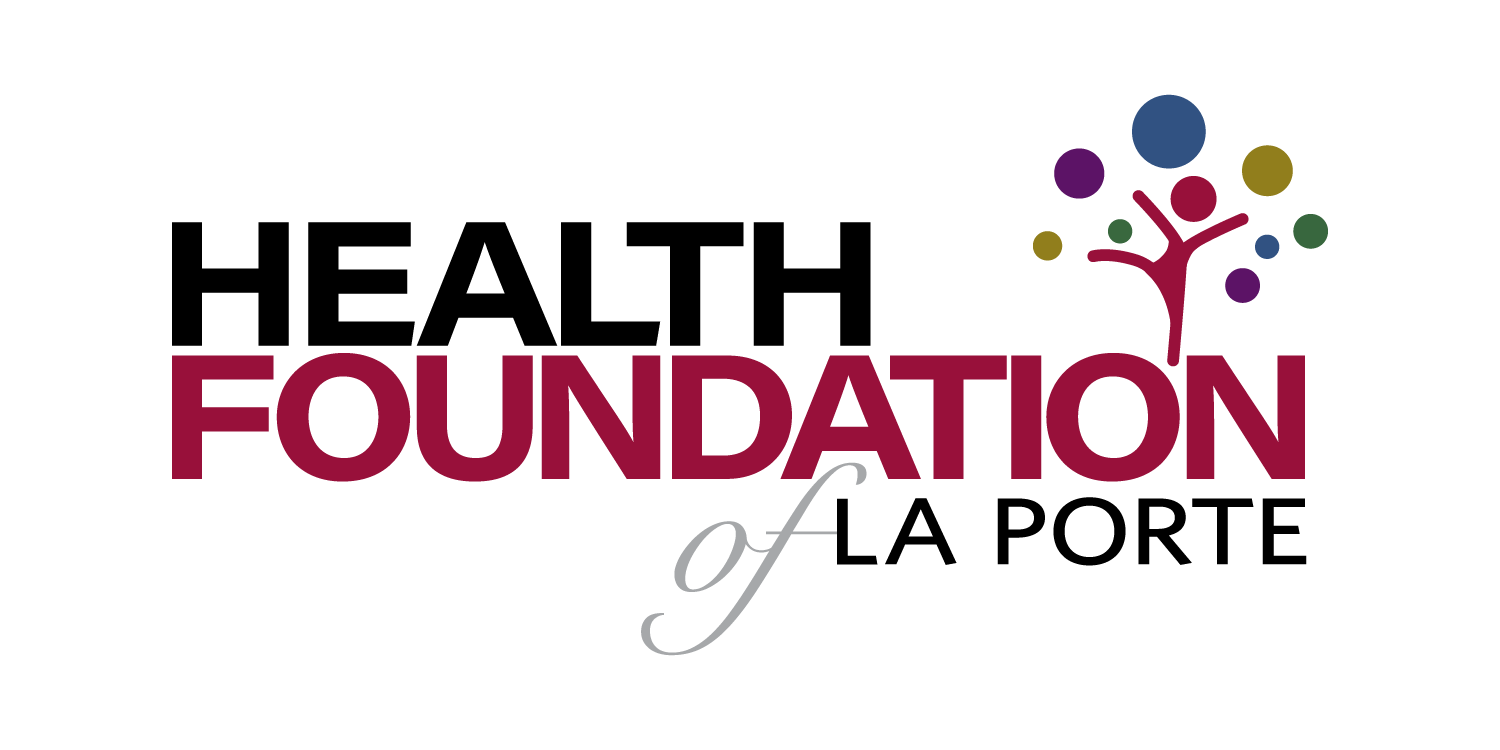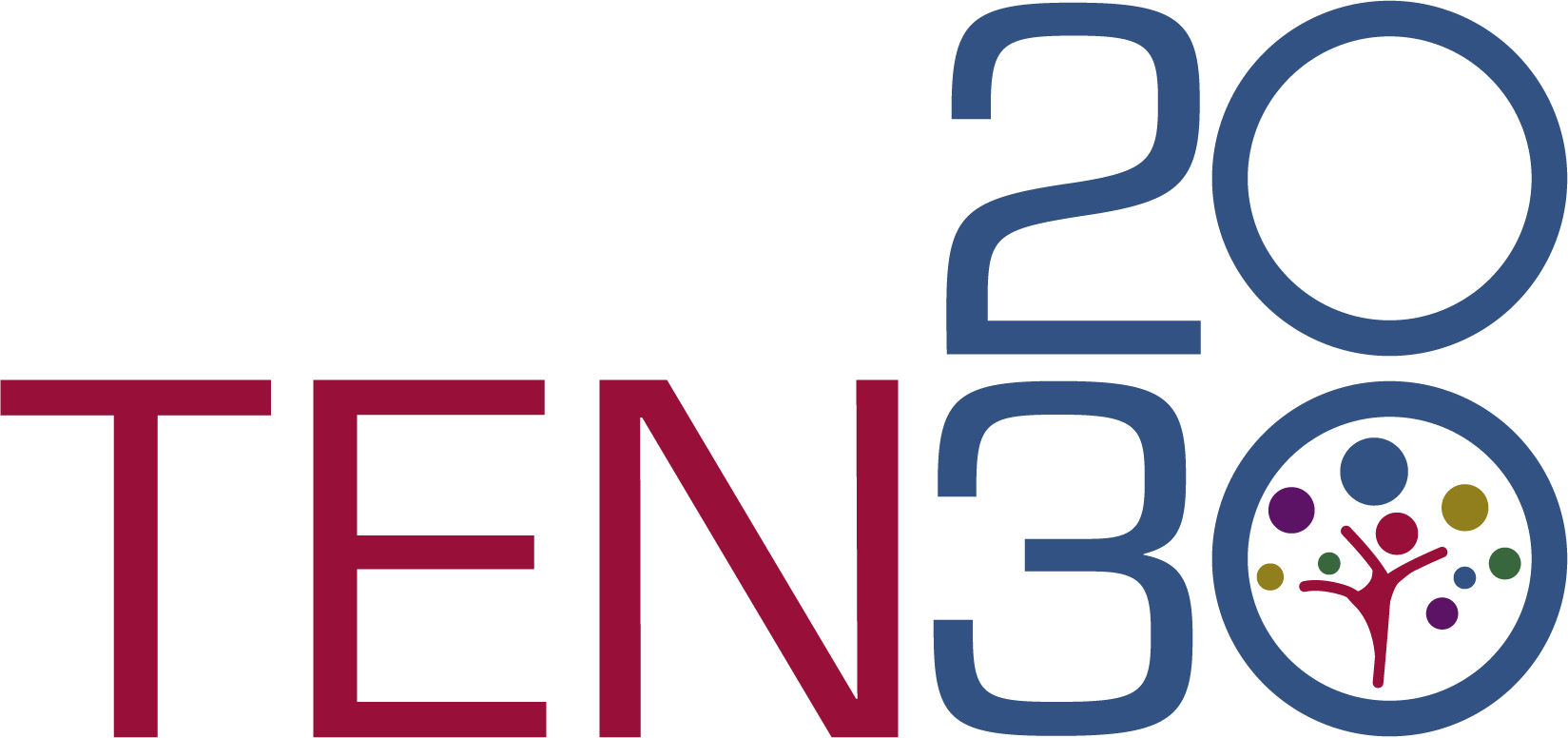Heart Disease and Stroke Prevention: Mobile Health (mHealth) Interventions for Treatment Adherence among Newly Diagnosed Patients
CDC
An Evidence-Based Practice
Description
mHealth interventions for treatment adherence use mobile devices to deliver self-management guidance to patients who have been recently diagnosed with cardiovascular disease.
Content must be accessible through mobile-phones, smartphones, or other hand-held devices. Interventions must include one or more of the following:
-Text-messages that provide information or encouragement for treatment adherence
-Text-message reminders for medications, appointments, or treatment goals
-Web-based content that can be viewed on mobile devices
-Applications (apps) developed or selected for the intervention with goal-setting, reminder functions, or both
Interventions also may include the following:
-An interactive component (i.e., patients enter personal data or make choices) that gives patients personally relevant, tailored information and feedback
-Mobile communication or direct contact with a healthcare provider
-Web-based content to supplement text-message interventions
Content must be accessible through mobile-phones, smartphones, or other hand-held devices. Interventions must include one or more of the following:
-Text-messages that provide information or encouragement for treatment adherence
-Text-message reminders for medications, appointments, or treatment goals
-Web-based content that can be viewed on mobile devices
-Applications (apps) developed or selected for the intervention with goal-setting, reminder functions, or both
Interventions also may include the following:
-An interactive component (i.e., patients enter personal data or make choices) that gives patients personally relevant, tailored information and feedback
-Mobile communication or direct contact with a healthcare provider
-Web-based content to supplement text-message interventions
Results / Accomplishments
The systematic review and meta-analysis included 27 studies.
-Adherence to medications improved significantly (9 studies).
-Adherence to treatment (i.e., one or more medications, clinical care follow-up, or risk factor management recommendations) improved significantly (15 studies).
-Conclusions about intervention effects on additional outcomes related to changes for cardiovascular disease risk factors (i.e., blood pressure, lipids, smoking cessation), morbidity, and mortality were limited by the small numbers of studies and mixed, or inconsistent, results.
The CPSTF examined results from a subset of 12 trials conducted in high-income countries.
-Adherence to medications improved significantly (3 studies).
-Adherence to treatment (i.e., one or more medications, clinical care follow-up, or risk factor management recommendations) improved significantly (6 studies).
-Two additional studies reported improvements in medication adherence using objective measures (1 study) or self-reported outcomes (1 study). A third study reported improvements in treatment adherence.
-Adherence to medications improved significantly (9 studies).
-Adherence to treatment (i.e., one or more medications, clinical care follow-up, or risk factor management recommendations) improved significantly (15 studies).
-Conclusions about intervention effects on additional outcomes related to changes for cardiovascular disease risk factors (i.e., blood pressure, lipids, smoking cessation), morbidity, and mortality were limited by the small numbers of studies and mixed, or inconsistent, results.
The CPSTF examined results from a subset of 12 trials conducted in high-income countries.
-Adherence to medications improved significantly (3 studies).
-Adherence to treatment (i.e., one or more medications, clinical care follow-up, or risk factor management recommendations) improved significantly (6 studies).
-Two additional studies reported improvements in medication adherence using objective measures (1 study) or self-reported outcomes (1 study). A third study reported improvements in treatment adherence.
About this Promising Practice
Primary Contact
The Community Guide
1600 Clifton Rd, NE
MS H21-8
Atlanta, GA 30329
(404) 498-1827
communityguide@cdc.gov
https://www.thecommunityguide.org/
1600 Clifton Rd, NE
MS H21-8
Atlanta, GA 30329
(404) 498-1827
communityguide@cdc.gov
https://www.thecommunityguide.org/
Topics
Health / Heart Disease & Stroke
For more details

